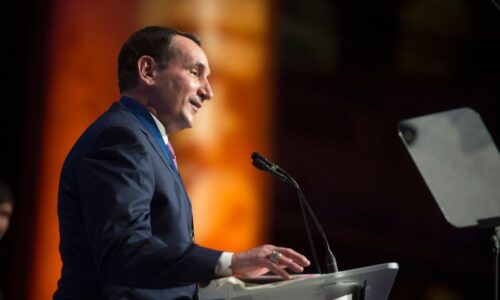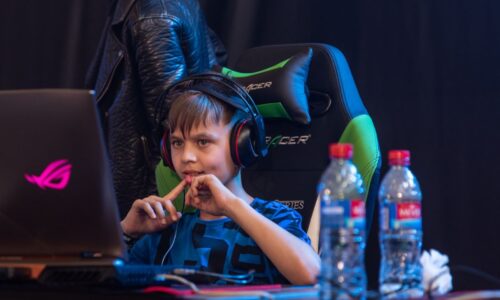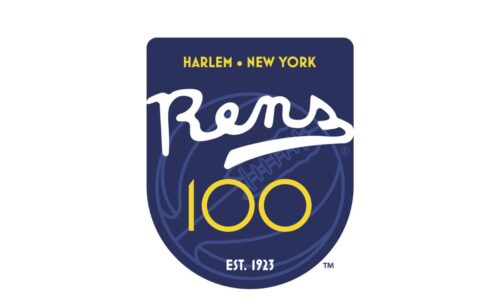|
|
|
Student athletes who hoped to get a piece of the millions of dollars that merchandise, games, and TV rake in annually for the NCAA were severely disappointed last week.
Former UCLA basketball player Ed O’Bannon filed the original antitrust class action lawsuit in 2009, along with Bill Russell, and Oscar Robertson, who claimed their image and likeness was being exploited by the NCAA without their permission.
A three-judge panel issued a new ruling in the “Ed O’Bannon” case, with a recent decision that said the NCAA violated antitrust laws, by barring athletic scholarships that are more than the cost of tuition.
“The NCAA’s rules have been more restrictive than necessary to maintain its tradition of amateurism it support of the college sports market,” according to the ruling.
However, those same judges shot down an earlier ruling that would have permitted colleges to pay student athletes up to $5,000 per year extra, to help defray living costs.
Critics of the ruling argue that the students, who put in the most work, are the ones who suffer the most. But the coaches, upper management, and the NCAA all benefit from the millions generated from various athletic programs.
It is a frustrating uncertainty summed up by Daily Bruin writer Claire Fahey.
“Being a UCLA student-athlete is essentially a full-time job, between games, practice, weight lifting, film study, and team meetings,” said Fahey. “During the season, students often cannot balance a job on top of their other responsibilities, putting them at a disadvantage against other UCLA students who can afford to study and work to offset the costs of being a college student.
According to The Daily Bruin, the NCAA is not taking into account other incremental costs that student athletes incur while they live on campus and undervaluing their most valuable assets: the students.
“By wrongly assuming that its responsibility to student-athletes lies only in paying their tuition, the NCAA is devaluing the work these college students apply to both their academics and athletics,” Fahey argued. “Additionally, it is completely ignoring the importance of these individuals’ quality of life.”
Both sides of the argument view the rulings as victories. The split decision could push the case to the US Supreme Court to finally decide if students should get a piece of the billions that the NCAA rakes in annually.





